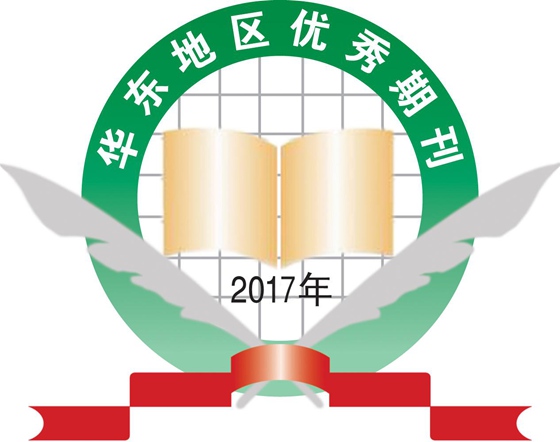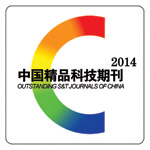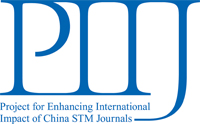Objective
To investigate the relationships between constitutional types of traditional Chinese medicine (TCM) and hypertension so as to provide epidemiological evidence for the theory of correlation between constitution and disease.
Methods
A cross-sectional survey of TCM constitution data from a population of 7 782 from Beijng and 8 provinces of China (Jiangsu, Anhui, Gansu, Qinghai, Fujian, Jilin, Jiangxi, and Henan) was made in the study. The survey of TCM constitutions was performed by standardized TCM Constitution Questionnaire. Discriminatory analysis was used to judge the individual constitutional types including normal constitution, and qi deficiency, yang deficiency, yin deficiency, phlegm-dampness, damp-heat, blood stasis, qi stagnation and special constitutions. A multiple stepwise logistic regression analysis was applied to explore the significantly influential constitutional factors of hypertension.
Results
After controlling several factors like gender, age, marital status, occupation, and educational background, three TCM constitutional factors according to different degrees of relative risks were entered into the multiple stepwise logistic regression model. The three factors were phlegm-dampness, yin deficiency and qi deficiency constitutions, and the odds ratio (OR) and 95% confidence interval (CI) were 2.00 [1.58, 2.55], 1.66 [1.33, 2.08] and 1.37 [1.13, 1.66] respectively. The main constitutional influential factors of hypertension in male patients were phlegm-dampness and yin deficiency constitutions, with OR and 95% CI of 1.61 [1.22, 2.14] and 1.60 [1.17, 2.19]. Phlegm-dampness, yin deficiency and qi deficiency constitutions were the main constitutional influential factors of hypertension in female patients. The OR and 95% CI were 2.80 [1.79, 4.39], 1.55 [1.13, 2.14] and 1.39[1.05, 1.84] respectively. Phlegm-dampness constitution had more influence on hypertension in female patients than other constitution types.
Conclusion
Phlegm-dampness, yin deficiency, and qi deficiency constitutions are the main influential factors of hypertension. Hypertensive patients with different gender have different constitutional influential factors.
 Table of Content
Table of Content














